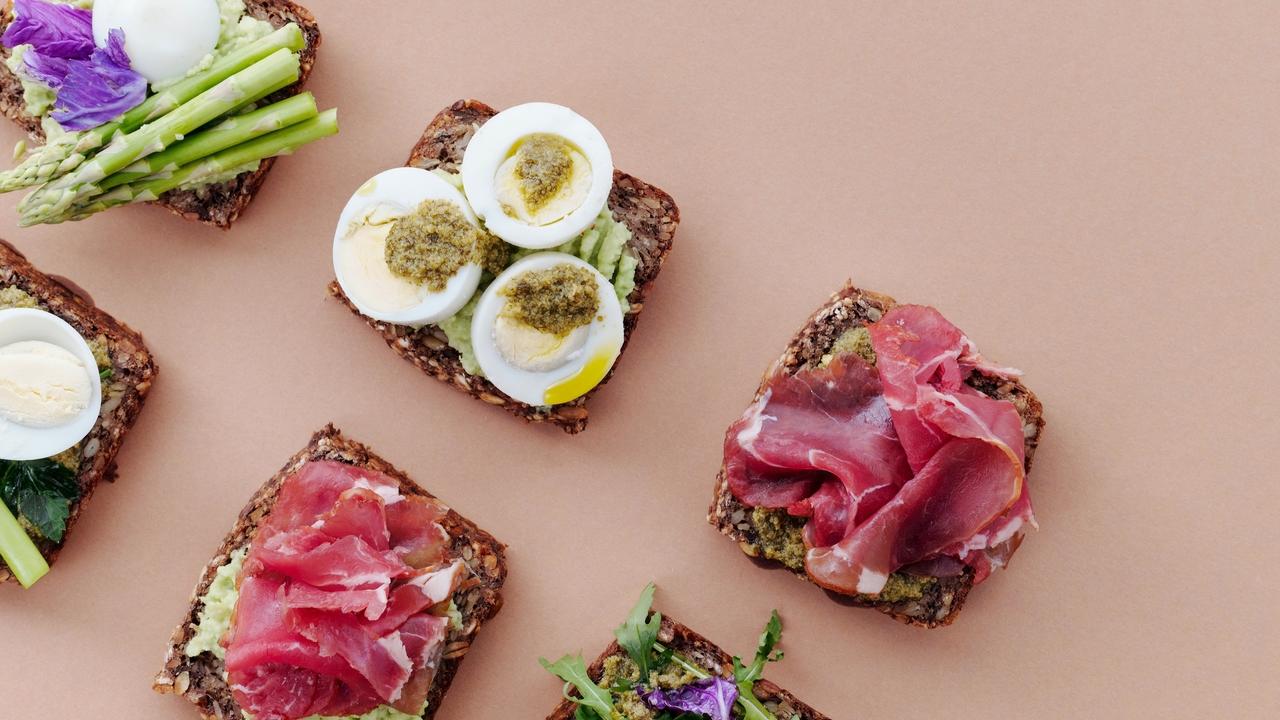Does healthy eating seem totally and utterly confusing?
I get it. It is a confusing wellness world out there but thankfully, it really doesn’t need to be.
Where does food confusion come from?
Let’s explore why the wellness industry is lined with confusion and how you can filter the messages to work best for you.
The science is evolving
Science is the best understanding we have of the interactions between food and our bodies however, even this can get confusing because:
-
Nutrition science is relatively new and is constantly evolving.
-
The media “over-hypes” nutrition studies and “picks and chooses” what to share. This makes the studies sound more conflicting than they actually are.
-
Unqualified marketers interpret the studies incorrectly
Unqualified nutrition “professionals”
Influencers on social media or marketers of certain diets or lifestyle plans can come across with much more expertise than they actually have. Often they are promoting a particular diet to make money or because it “worked for them”.
This leads to hundreds of conflicting diets- if any of them actually worked, we wouldn’t still be looking for the perfect diet!
Distrust in your body
From a young age, society teaches us to distrust our body’s cues. Trying to follow rules from a diet when your body is giving you different signals adds to the nutrition confusion and creates conflict between your body and mind.
Food availability
We can have (almost) any type of food we want! This is a very modern concept. Too much choice can actually make choosing what to eat feel really difficult.
You don’t have to follow every nutrition message you see. In fact, this isn’t even possible!
How can you reduce food confusion?
1. Tune into your body
No one can know more about your body than you. Trust in your body’s eating and emotional cues over the external diet rules.
2. Critique messages
Where is the message coming from? Who is giving the message? What is the message? Taking a step back and considering the validity helps to separate the helpful information from nutrition myths.
3. Is this message helpful for you?
This is important. You may have discovered the information is accurate but is it one that relates to you? Does it relate to your health or your personal beliefs?
4. Does it fit in to your life?
A message that is trustworthy and relates to your health or beliefs is only beneficial if it fits in with your life. This includes your finances, social life, living situation and work commitments. If trying to eat in this way is going to cause you stress, then it really isn’t improving your health?
5. Evaluate
After you begin a new way of eating, are you going to evaluate the impact it is having on your life? Your health, social life, finances, stress, home life, work, energy levels, enjoyment of eating are all just as important as the nutrients you put in. If you find it isn’t working for you, there’s no harm in modifying your current approach to help it fit into your life.
If you are looking for professional support, make sure you choose a qualified nutrition professional- a registered dietitian will have a minimum of 4 years at university to earn their degree! Many nutritionists do not have qualifications, while others do.
Don’t be afraid to ask for proof, choose someone registered with their professional body and if you are unsure, find another professional.
Author Bio:
Written by Emma Townsin, Registered Dietitian and Certified Intuitive Eating Counsellor
Emma is the founder of Food Life Freedom and the host of the Food & Life Freedom Podcast. For personalised support to stop stressing over health and heal your relationship with food and your body, learn how you can fast track your way food and life freedom.









